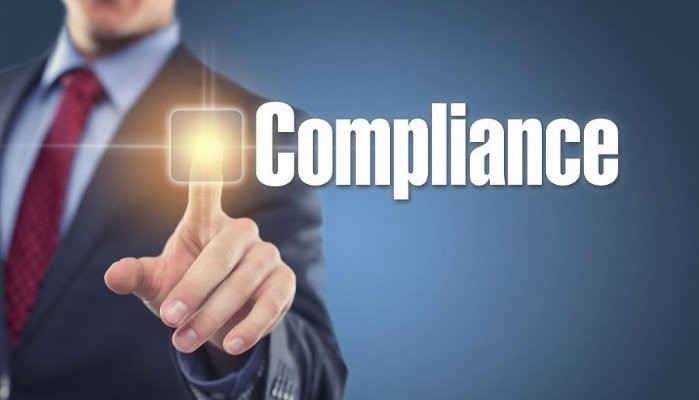Adherence to laws, regulations, standards and ethical practices is collectively known as compliance. Compliance in business ensures that companies operate within legal frameworks, adhere to industry standards and maintain ethical practices, cultivating trust among all stakeholders. This blog covers the importance of compliance, its purpose and ways to establish a compliance programme within the organisation.
What is Compliance in Business?
Compliance in business refers to the process by which companies observe and follow the laws, regulations and guidelines that are relevant to their business operations. This includes a wide range of practices, from following environmental regulations to adhering to financial reporting standards. Compliance ensures that companies act responsibly, ethically and legally, protecting their employees, customers and the general public.
Why is Compliance in Business Important?
The importance of compliance in business is twofold. It helps mitigate legal risks by assisting companies in avoiding penalties, fines and legal disputes resulting from non-compliance. Additionally, it fosters trust with customers, investors and partners, which is crucial for any business’s reputation and long-term success. Compliance also helps maintain a fair and level playing field, ensuring that all companies operate under the same rules and standards.
What are the Legal Requirements?
One essential legislative framework that dictates business compliance is The Companies Act 2006. This comprehensive law outlines the obligations of companies, their officers and directors. It encompasses various areas, including company formation, directors’ responsibilities, reporting requirements and shareholder rights. Compliance with The Companies Act 2006 is crucial for companies to avoid legal repercussions and ensure transparent and fair operations. It mandates proper record-keeping, fair dealing and the accurate presentation of financial statements, among other requirements.
The Purpose of Business Compliance
The primary purpose of business compliance is to ensure that companies conduct their operations legally and ethically. This encompasses protecting consumer rights, ensuring workplace safety, preventing fraud and promoting a sustainable environment. By fulfilling these responsibilities, companies adhere to legal mandates and contribute to improving society and the economy. Additionally, compliance helps businesses identify and mitigate risks associated with their operations, securing their assets and reputation.
How to Create a Successful Business Compliance Programme
Creating a successful business compliance programme involves several critical steps:
- Understanding Legal Obligations: Companies must first understand the laws, regulations and standards applicable to their industry and operations.
- Risk Assessment: Identifying and assessing a business’s compliance risks is essential for developing an effective compliance program.
- Policies and Procedures: Establishing clear, written policies and procedures that align with legal requirements and best practices are the foundation of a compliance programme.
- Training and Awareness: Providing training courses helps employees understand their compliance obligations and be aware of the policies and procedures in place.
- Monitoring and Auditing: Regularly monitoring compliance and conducting audits helps identify and address issues before they become problems.
- Reporting and Response: A straightforward process for reporting compliance issues and responding effectively is crucial for maintaining compliance integrity.
- Continuous Improvement: Compliance is not a one-time effort but a constant process requiring regular review and policy and practice updates.
Importance of Business Compliance Courses
Business compliance courses help employees understand their legal and ethical responsibilities, preventing legal issues and promoting an organisation’s integrity culture. These courses enhance awareness of industry standards and legal requirements, reducing non-compliance risk and fostering a safer, more ethical working environment. Investing in compliance training demonstrates a company’s commitment to lawful and moral conduct, which builds trust with stakeholders and contributes to the company’s success.
Conclusion
Compliance in business is not merely about following laws and regulations; it is about establishing a culture of integrity, responsibility and ethical behaviour. By understanding and implementing effective compliance measures, businesses can avoid legal pitfalls and build trust and credibility with stakeholders, leading to sustainable success.
